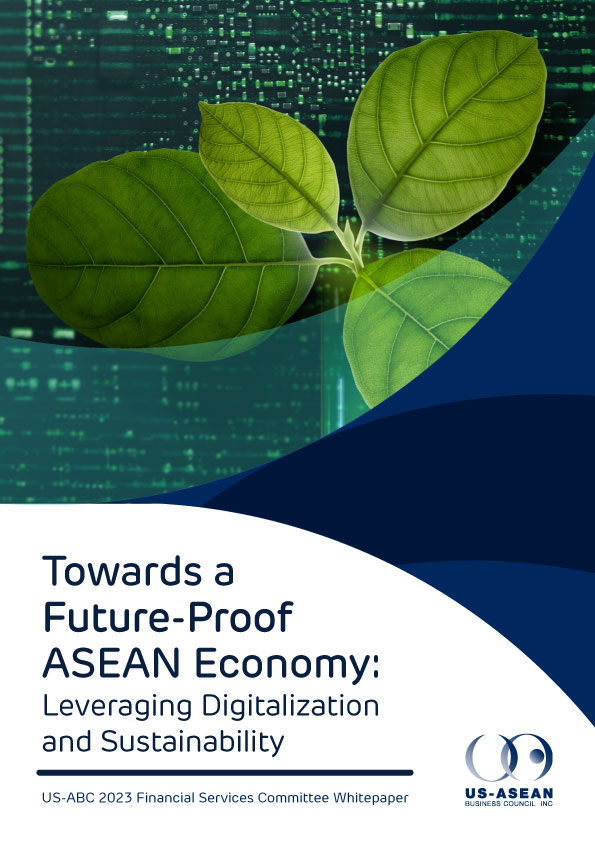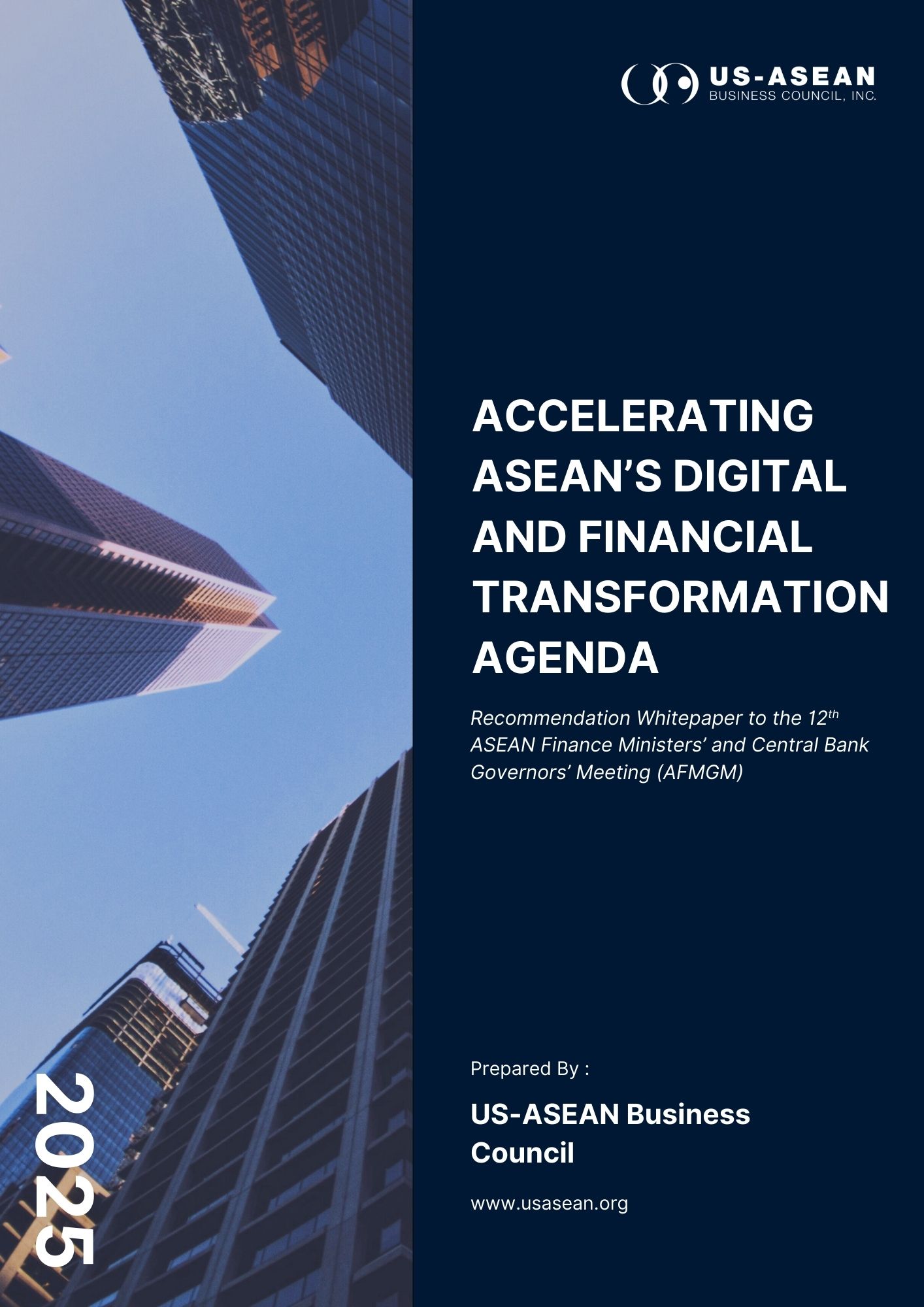New Social Security Mandate, Payments for Foreign Employees Take Effect

Malaysia has expanded its Employees Provident Fund (EPF) contribution scheme to cover non-Malaysian citizen employees holding valid work permits, requiring both employers and foreign workers to contribute 2 percent of monthly wages each. The reform was announced in September and implemented under the EPF Act 1991 in October 2025, with the first payments due by November 15. It marks the first time foreign employees have been formally integrated into Malaysia’s national retirement savings framework, which extends social-protection coverage to roughly two million expatriate and migrant workers across various sectors.
For multinational companies and industries with large expatriate workforces, including sectors such as technology, energy, and hospitality, the change introduces a new fixed cost to payroll structures that they must attend to. Employers must now register eligible foreign staff with the EPF, adjust payroll systems, and factor in the additional 4 percent combined contribution when budgeting for labor costs. Analysts note that while the 2 percent rate for each party is modest compared with the 12–13 percent applicable to Malaysian citizens, it does add compliance obligations for firms operating in Malaysia’s free-trade and digital-investment zones.
Officials from the Ministry of Finance and Ministry of Human Resources describe the mandate as part of Malaysia’s broader drive to equalize labor protections and enhance fiscal transparency. Economists say the move could narrow wage-cost differentials between citizens and expatriates while strengthening long-term retirement security and workforce data collection. However, the new rule may also accelerate localization or automation trends in sectors dependent on low-wage foreign labor.







